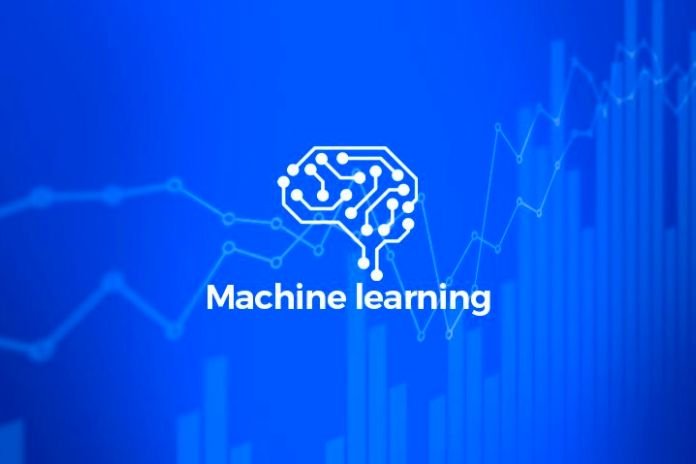Machine Learning Methods: Automation is one of the technological areas that has shown the most significant and most profound developments in recent years.
It is already a reality in people’s daily lives and the routines of thousands of companies from different sectors. Within artificial intelligence, machine learning is the area that allows this automation from databases. This is a trend that should stand out firmly in the IT area.
The possibility of producing complex data analysis models with high precision in the results and in an increasingly fast way has made applications based on machine learning receive more and more attention.
What Is Machine Learning?
Machine learning is an artificial intelligence model capable of performing data analysis and automating analytical models. This technology uses algorithms capable of “learning” in an interactive way from a series of data previously provided.
With machine learning, it is possible to identify patterns from a large volume of data, thus establishing learning models. Even though many people don’t know it, machine learning is already a very present reality in our daily lives. It is already used in different areas with other applications.
Through machine learning, it is possible, for example, to improve different fraud detection processes, schedule real-time ads on the web or mobile devices, predict or identify network intrusions or perform spam filtering on email servers, among others. Hundreds of other uses.
How Machine Learning Works
There are different methods of using machine learning. Check below what they are and how they can be applied.
Supervised Learning
The system is programmed or trained from a set of pre-defined or labeled data in the supervised learning method. Armed with a lot of information, the program can make its own decisions when it receives new data.
About 70% of machine learning applications use the supervised learning method. It applies in situations where the analysis of historical data allows for anticipating future behavior.
A bank can obtain a forecast of possible fraud in credit card transactions through supervised learning, for example. For this, previously defined data analyzed by the program are taken as a basis.
Supervised learning has different application categories. For example, the program can make more minor complex decisions in the classification method, such as indicating a positive or negative answer.
Through regression, the value predicted by the program follows a continuous spectrum and allows answering questions such as “how many are there” or “how much does it cost.”
Unsupervised Learning
The program can automatically find patterns from a data set in unsupervised learning. Unlike supervised learning, here, the input data does not have an exit or completion point. It is up to the algorithm to discover similarities between these data and group them accordingly.
Semi-Supervised Learning
It is used in applications similar to supervised learning, but the data profile is different. It is usually made up of a small amount of labeled data — generally more expensive — and a larger volume of unlabeled data.
The facial identification system through webcams is an example of the application of semi-supervised learning.
Reinforcement Learning
In this model, the algorithm must identify which way to go. In addition to knowing what the correct action is through trial and error.
Reinforcement learning is used when a particular agent needs to interact in a specific environment. Also, find out which actions result in better rewards. Its use is most common in robotics, navigation, and gaming applications.
Why Machine Learning Is Important
Companies need to deal with the characteristics of an increasingly connected environment. In this case, the large volume of available data and the high processing power of this information present new perspectives.
More and more tools are needed. Not only to process this information but also to extract valuable knowledge from it for your business. Here are some examples of machine learning applications:
More Precision In The Use Of Data
The technology allows the available data to trace future scenarios with more precision and speed. And thus, obtaining results far superior to those eventually obtained by hand.
Thus, it is possible to estimate more accurately how the behavior of a given market will be. Or even the performance of a particular product or service. This is done based on a set of data, such as a history of previous sales.
More Productivity
Technology and automation based on machine learning can replace human labor with much more efficiency and speed in different tasks.
So technology can be beneficial. For example, performing operations such as analyzing reports and identifying errors or non-compliance. Even in supporting less complex decision-making.
Unencumbered by these activities, employees can dedicate more time to tasks of greater specialization, which do not dispense with the human component. With the same workforce, companies will become increasingly productive without needing new hires.
Fewer Costs
Another benefit of adopting machine learning tools concerns cost reduction. This can occur, for example, substituting the contracting of certain services that are not essential to the company’s core business.
Imagine that, for each new deal concluded by a company, it is necessary to hire a lawyer to evaluate and adjust the contracts. A machine learning solution can perform the analysis of these agreements. It can even assess whether it complies with a predetermined pattern, in addition to suggesting the addition of omitted points.
Also Read: Machine Learning: The Benefits Of Artificial Intelligence
